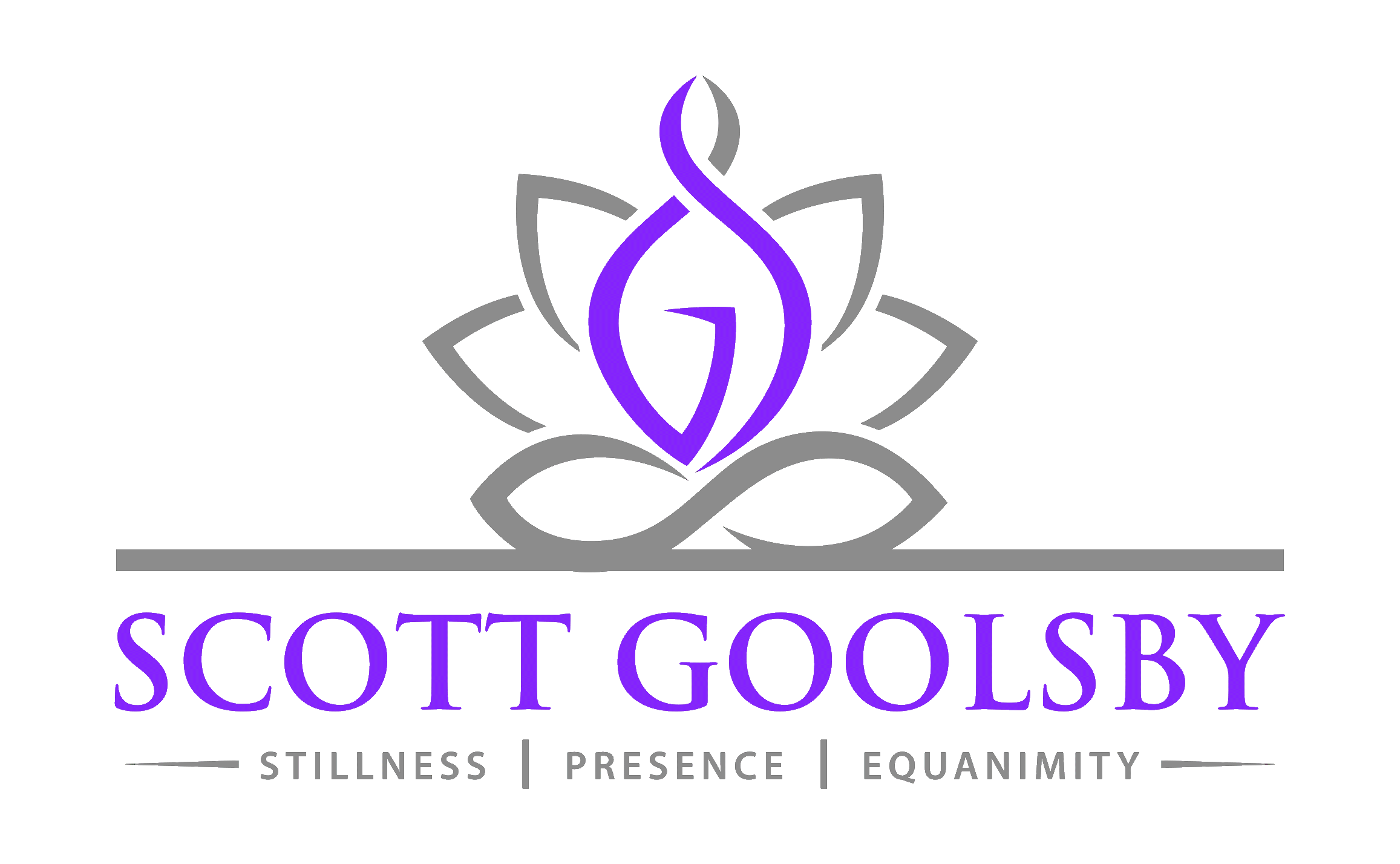There are aspects of our thinking that can be problematic. No one causes us as much harm than we cause ourselves with our constant mental noise, derision, and judgement. In order for us to go beyond suffering, we must confront and meet these aspects, otherwise we will get stuck in an unconscious trance, a loop where we meet these patterns again and again instead of confronting our suffering. I want to talk about one of these, namely ignorance.
We believe all of the phenomena we see to be real and everlasting. We identify with our fleeting stories and thoughts of ourselves and believe them to be our actual, eternal Selves. We often don’t investigate our thoughts or ask ourselves what it is that we don’t know. Much of how we respond to the world ends up being products of our conditioning, what we have been taught by our parents, school, work, and society. There are thoughts and beliefs in our minds that we believe to be true, but if we actually meet and investigate them, unwrap them with the light of consciousness, we find that these are merely unfounded beliefs that we have been taught and left uninvestigated.
The Buddhist path invites us to analyze our world closely. We are asked to sit and watch what the mind does, where it goes, what it believes. We are asked to deal with our unconscious patterns and aspects of ourselves.
Through investigation, we can find that things do not exist as we assumed they did. We find that ourselves and our egos are fleeting and ephemeral. We can then choose to steer our minds in the directions which we desire such as resting in equanimity. This does not mean that we must complacently acquiesce to whatever is going on in the outer world, but we can meet it fully, with presence, and with an open heart and thereby powerfully move through It.

